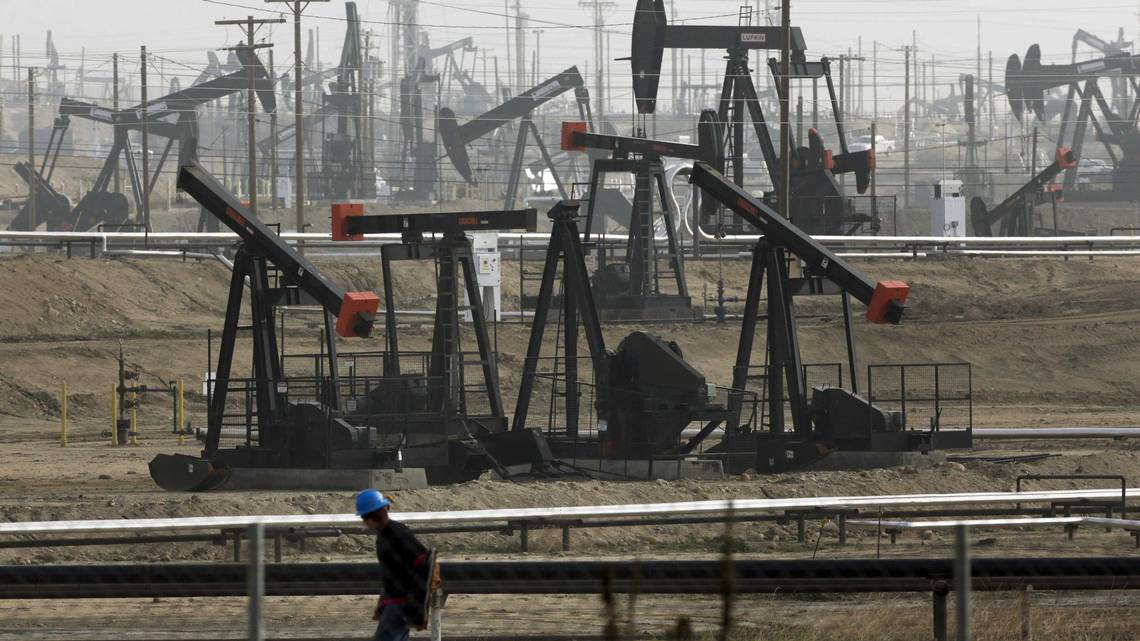EQUITIES
Asia-Pacific stocks were mixed in Wednesday trade, with Chinese stock edging lower following release of a private survey on Chinese factory activity. Hong Kong’s Hang Seng index slipped 1%, and the Shanghai Composite sitting 0.14% lower.
China’s Caixin/Markit manufacturing PMI for May came in at 48.1, slowed down as China's heavy-handed coronavirus curbs continued to disrupt supply chains and dampen demand, adding to woes for some of the region's economies that are already under strain from surging raw material costs.
The Nikkei 225 in Japan gained 0.70% while in Australia, the S&P/ASX 200 climbed 0.15%. Australia’s GDP grew 0.8% quarter-on-quarterly, data from the country’s Bureau of Statistics showed.
Markets in South Korea are closed for a holiday.
Overnight on Wall Street, the S&P 500 shed 0.63% to 4,132.15. The Dow Jones Industrial Average dropped 0.67%, to 32,990.12. The tech-heavy Nasdaq Composite dipped 0.41% to 12,081.39.
OIL
Oil prices rose on Wednesday, supported by investor optimism over a reopening of large cities in China following weeks of COVID-related lockdowns, along with agreement by the European Union to a partial and phased ban on Russian oil.
In China, Shanghai's draconian COVID-19 lockdown ended at midnight on Wednesday morning after two months, prompting expectations of firmer fuel demand from the country.
EU leaders meanwhile agreed in principle to cut 90% of oil imports from Russia by the end of this year, the bloc's toughest sanction yet on Moscow since the invasion of Ukraine three months ago. Once fully adopted, sanctions on crude will be phased in over six months and on refined products over eight months. The embargo exempts pipeline oil from Russia as a concession to Hungary and two other landlocked Central European states.
The international benchmark Brent crude futures up to $116.03 per barrel, while U.S. crude futures gained 0.1% to $115.38 per barrel.
Both benchmarks ended the month of May higher, marking the sixth straight month of rising prices.
CURRENCIES
The U.S. dollar strengthened as Treasury yields climbed and worries over a further acceleration in global inflation depressed investors' risk appetite
The dollar index was up 0.25% to 102.031. Benchmark 10-year Treasury yields touched 2.884% overnight, the highest since May 19, and was last at 2.868%.
GOLD
Safe-haven gold fell, pressured by a rise in the dollar and U.S. Treasury yields that dented the metal's appeal despite concerns over surging inflation.
Spot gold dropped 0.34% to $1,831.10 an ounce. U.S. gold futures fell 0.82% to $1,833.20 an ounce.
Spot silver was flat at $21.53 per ounce, while platinum gained 0.2% to $966.68 and palladium firmed 0.1% to US$2,000.81.
ECONOMIC OUTLOOK
Equity markets were mixed while U.S. Treasury yields rose sharply on Wednesday as volatile oil markets kept soaring inflation in focus. Investors weighed the prospects of higher inflation following a phased ban of Russian oil imports by the European Union that has lifted crude prices to new highs.
China's Caixin/Markit Manufacturing PMI stood at 48.1 in May, improving slightly from 46.0 the previous month but staying below the 50-point threshold that separates contraction from expansion, a private survey showed. China's heavy-handed coronavirus curbs continued to disrupt supply chains and dampen demand, adding to woes for some of the region's economies that are already under strain from surging raw material costs. The official manufacturing PMI for May, released yesterday, meanwhile came in at 49.6, an improvement over April’s reading of 47.4.
Manufacturers slowed activity last month in countries ranging from Japan to Taiwan and Malaysia, business surveys showed on Wednesday, a sign of the challenge policymakers face in combating inflation with tighter monetary policy - without crippling growth.
Japan and South Korea reporting sharp declines in output, as lockdowns in China snarled regional and global logistics and supply chains. Japan's manufacturing activity grew at the weakest pace in three months in May, as the the final au Jibun Bank Japan PMI fell to a seasonally adjusted 53.3 in May from the previous month's 53.5.
Factory activity in the Philippines also slowed to 54.1 in May from 54.3 in April, while that for Malaysia fell to 50.1 from 51.6 in April, PMI surveys showed. Taiwan's manufacturing activity stood at 50.0 in May, down from 51.7 from April.













